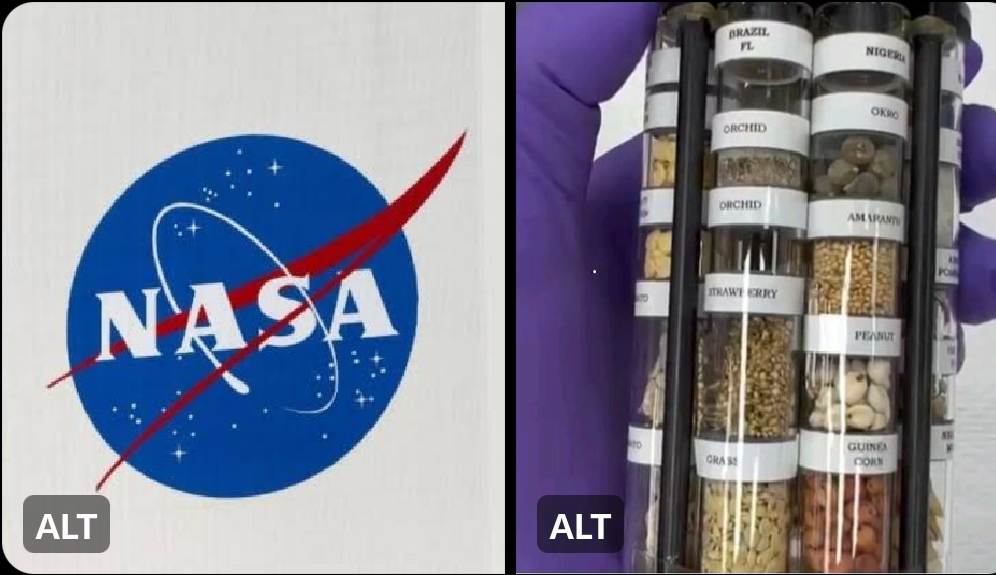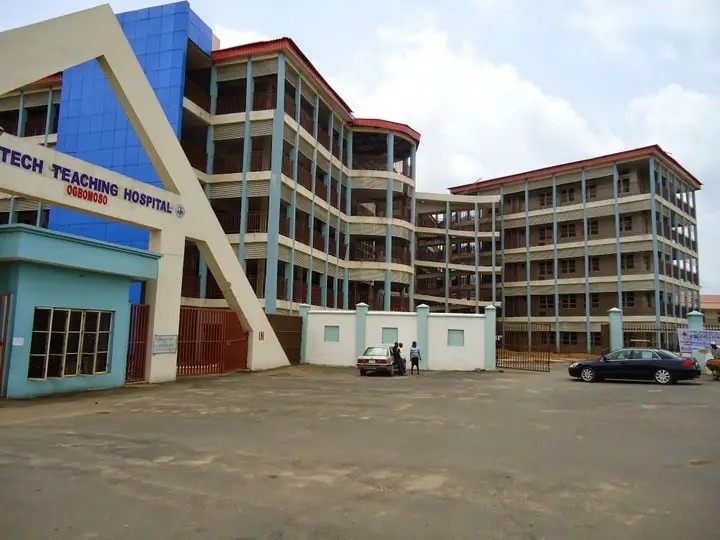
BREAKING: NASA Selects Six Indigenous Nigerian Crops for Space Research in Crew-11 Mission

In a groundbreaking fusion of science and heritage, NASA has selected six indigenous Nigerian crops—okra, cowpea, Guinea corn (sorghum), amaranth, maize, and melon—for experimental research in outer space as part of its highly anticipated Crew-11 mission.
This marks the first time multiple native African crops will be subjected to zero-gravity agricultural studies aboard the International Space Station (ISS), placing Nigeria squarely on the global map of space-enabled food security innovation. The crops were chosen for their resilience, nutritional value, and potential to thrive in extraterrestrial farming conditions, according to top officials at NASA’s Plant Research Laboratory.
“The future of deep space travel depends not only on technology but also on sustainable food systems,” said Dr. Howard Minsky, NASA’s Lead Agronomy Officer. “These Nigerian crops possess drought tolerance, high yields, and vital micro-nutrients—characteristics that are essential for long-term missions to the Moon and Mars.”
The selected crops are:
Okra – Rich in vitamins and used in space-bound dietary fiber studies
Cowpea (commonly known as beans) – A hardy legume prized for nitrogen fixation
Guinea Corn (Sorghum) – A cereal grain known for adaptability in arid conditions
Amaranth – A leafy vegetable with ancient roots and protein-rich seeds
Maize (corn) – A global staple with excellent biomass-to-nutrient ratio
Melon (egusi) – A high-oil-content seed crop critical for calorie-dense diets
The announcement, made during a joint press briefing between NASA and the Nigerian Space Research and Development Agency (NASRDA) in Abuja and Houston respectively, was met with jubilation in academic, agricultural, and technological circles across Nigeria.
"This validates years of research from Nigerian scientists and farmers who have preserved the genetic strength of these crops through indigenous knowledge systems," said Dr. Amina Okonkwo, Head of Crop Genetics at NASRDA. "It’s more than space science—it’s cultural science."
The Crew-11 mission, scheduled for Q4 of 2025, will involve growing and monitoring these crops in specialized growth chambers aboard the ISS to assess their growth patterns, germination rates, and adaptability to microgravity and artificial lighting. The outcomes could influence not just future Mars habitats but also help develop climate-resilient food systems on Earth, especially in regions like sub-Saharan Africa already grappling with food insecurity.
Social media lit up shortly after the announcement with hashtags like #NigerianCropsInSpace, #NASAcrew11, and #NaijaToMars, with many Nigerians celebrating the symbolic and scientific leap this represents.
As space exploration pivots toward sustainability and inclusivity, this move by NASA is being lauded as a diplomatic and scientific milestone, one that ties the stars above to the soil of Africa.


